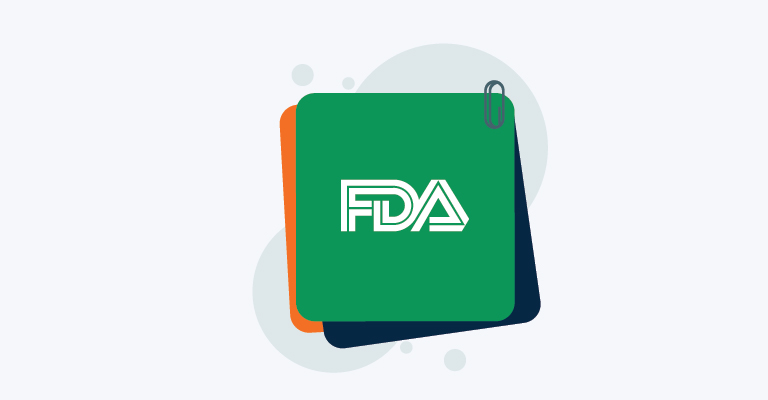On Feb. 2024, the FDA announced the Quality Management System Regulation (QMSR) to streamline regulatory requirements harmonise with international expectations.
The rule amends 21 CFR Part 820 by requiring compliance with ISO 13485 on top of requirements necessary to satisfy the Food, Drug & Cosmetic Act (FDCA).
⚠️ Manufacturers are not required to obtain certification to ISO 13485. At the same time though, FDA does not have to rely on such certification when conducting its oversight activities. 𝗜𝗦𝗢 𝟭𝟯𝟰𝟴𝟱 𝗰𝗲𝗿𝘁𝗶𝗳𝗶𝗰𝗮𝘁𝗶𝗼𝗻 𝗱𝗼𝗲𝘀 𝗻𝗼𝘁 𝗲𝘅𝗲𝗺𝗽𝘁 𝗺𝗮𝗻𝘂𝗳𝗮𝗰𝘁𝘂𝗿𝗲𝗿𝘀 𝗳𝗿𝗼𝗺 𝗙𝗗𝗔 𝗶𝗻𝘀𝗽𝗲𝗰𝘁𝗶𝗼𝗻𝘀.
Although ISO 13485 and the current Part 820 are substantially similar, the QMSR introduces significant changes in terms of risk management approach, control of records, labeling and packaging, traceability, and terminology.
𝗜𝗺𝗽𝗮𝗰𝘁 𝗼𝗻 𝗠𝗮𝗻𝘂𝗳𝗮𝗰𝘁𝘂𝗿𝗲𝗿𝘀
Manufacturers already conforming with/certified with ISO 13485:2016 will need to address minimal elements. However, manufacturers currently active only on the U.S. market and complying only with 21 CFR Part 820 will need to undergo a significant remediation process to address the new requirements.
📍 𝘛𝘩𝘦 𝘵𝘳𝘢𝘯𝘴𝘪𝘵𝘪𝘰𝘯 𝘱𝘦𝘳𝘪𝘰𝘥 𝘵𝘰 𝘤𝘰𝘮𝘱𝘭𝘺 𝘸𝘪𝘵𝘩 𝘘𝘔𝘚𝘙 𝘩𝘢𝘴 𝘣𝘦𝘦𝘯 𝘦𝘹𝘵𝘦𝘯𝘥𝘦𝘥 𝘵𝘰 𝘵𝘸𝘰 𝘺𝘦𝘢𝘳𝘴, 𝘪.𝘦., 𝘵𝘩𝘦 𝘦𝘧𝘧𝘦𝘤𝘵𝘪𝘷𝘦 𝘥𝘢𝘵𝘦 𝘩𝘢𝘴 𝘣𝘦𝘦𝘯 𝘴𝘦𝘵 𝘧𝘰𝘳 𝘍𝘦𝘣𝘳𝘶𝘢𝘳𝘺 02, 2026.
𝗛𝗼𝘄 𝗰𝗮𝗻 𝗘𝘃𝗻𝗶𝗮 𝗵𝗲𝗹𝗽
• Comprehensive gap assessment against ISO 13485:2016 and the FDA QMSR requirements
• Development of QMS transition strategy and implementation to address the gaps
• Review and development of risk management programs
• Development of QMS transition strategy and implementation to address the gaps





